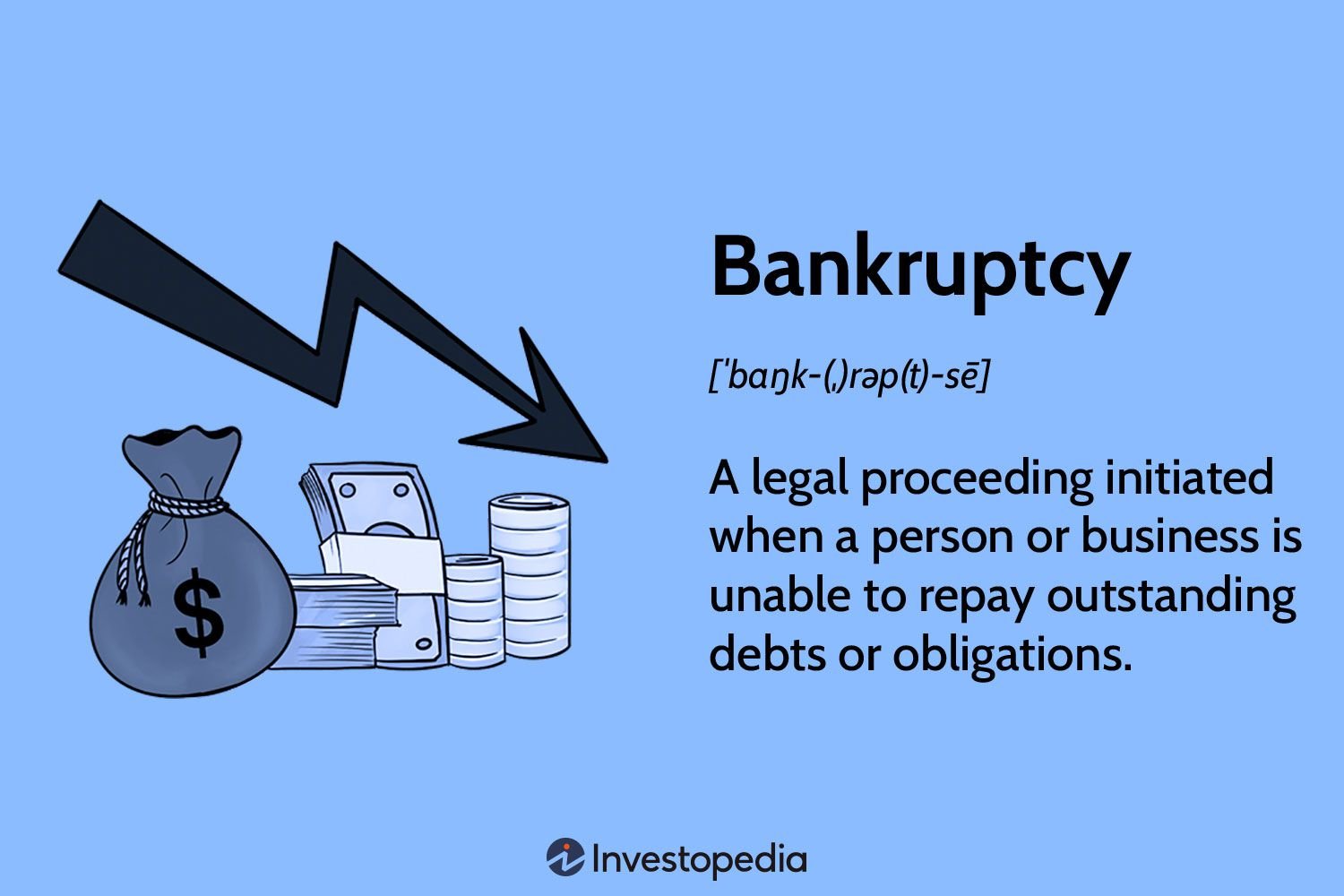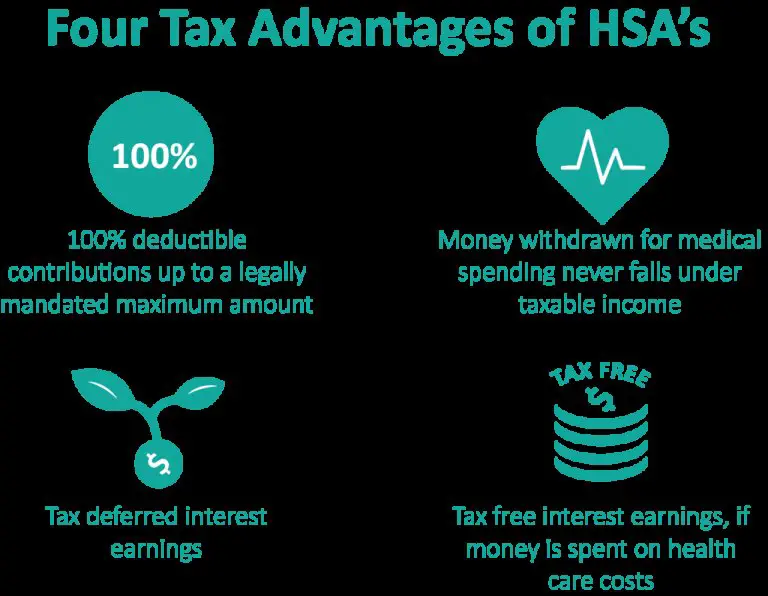Bankruptcy proceedings can be complex and overwhelming, but fear not! In this article, we will explore practical strategies and essential tips on how to navigate bankruptcy proceedings successfully. Whether you’re an individual or a business owner facing financial challenges, understanding the process and knowing what steps to take is crucial. From gathering the necessary documentation to consulting with professionals, we’ll guide you through this often daunting journey. So, if you find yourself unsure about how to navigate bankruptcy proceedings, you’ve come to the right place! Let’s dive in and shed light on this topic together.
How to Navigate Bankruptcy Proceedings: A Comprehensive Guide
Bankruptcy is a complex and often overwhelming process that individuals and businesses may face in times of financial distress. It involves legal proceedings that aim to provide relief by allowing debtors to either reorganize their finances or obtain a fresh start. Navigating bankruptcy proceedings can be daunting, but with the right knowledge and guidance, it is possible to successfully navigate this challenging process. In this comprehensive guide, we will break down the key steps involved in navigating bankruptcy proceedings, providing valuable insights and tips along the way.
Understanding Bankruptcy: Types and Chapters
Before diving into the bankruptcy process, it’s crucial to have a solid understanding of the different types and chapters of bankruptcy. Bankruptcy is categorized into several chapters under the United States Bankruptcy Code, each designed to address specific financial situations. The most common chapters include:
- Chapter 7: Also known as liquidation bankruptcy, Chapter 7 involves the sale of non-exempt assets to repay creditors, typically leading to the discharge of remaining debt.
- Chapter 13: Referred to as the wage earner’s plan, Chapter 13 allows individuals with a regular income to develop a repayment plan spread over three to five years.
- Chapter 11: Primarily utilized by businesses, Chapter 11 enables reorganization, allowing entities to stay operational while repaying creditors over time.
Evaluating Your Financial Situation
Before proceeding with bankruptcy, it’s important to evaluate your financial situation thoroughly. Consider the following steps:
- Assess your debts: Make a list of all your debts, including outstanding balances, interest rates, and monthly payments.
- Review your assets: Take stock of your assets, such as real estate, vehicles, investments, and personal belongings. Determine whether they are exempt or non-exempt assets under bankruptcy laws.
- Calculate your income and expenses: Create a detailed budget to understand your income, essential expenses, and discretionary spending.
- Explore alternatives: Consider alternatives to bankruptcy, such as debt consolidation, negotiation with creditors, or credit counseling. These options may help you avoid the need for bankruptcy.
Seeking Professional Guidance
Bankruptcy proceedings involve intricate legal processes, making it crucial to seek professional guidance from a qualified bankruptcy attorney. An experienced attorney specializing in bankruptcy law can provide invaluable assistance throughout the process, helping you make informed decisions and ensuring all legal requirements are met. When choosing an attorney, consider the following:
- Experience and specialization in bankruptcy law
- Reputation and testimonials
- Clear communication and responsiveness
- Reasonable fees and payment options
Initial Consultation with an Attorney
During the initial consultation with your chosen bankruptcy attorney, be prepared to discuss the following:
- Your financial situation
- Types of debts you have
- Assets and property you own
- Any pending lawsuits or collections
- Prior bankruptcy filings (if applicable)
Your attorney will guide you in determining the most appropriate bankruptcy chapter for your circumstances and explain the potential outcomes and implications.
Filing for Bankruptcy
Once you’ve chosen the appropriate chapter and obtained legal counsel, it’s time to initiate the formal bankruptcy filing process. This involves several crucial steps outlined below:
Complete the Required Paperwork
Bankruptcy requires extensive documentation, including:
- Petition: Prepare the bankruptcy petition, which includes personal information, financial details, and a statement of intent for your assets.
- Schedules: Fill out bankruptcy schedules that provide a comprehensive overview of your debts, assets, income, expenses, and other financial information.
- Statement of Financial Affairs: Provide a statement of your financial history, including details about income, expenses, property transfers, and recent financial activities.
- Means Test: Complete the means test, which assesses your income and expenses to determine eligibility for Chapter 7 or Chapter 13 bankruptcy.
Attend Credit Counseling
Before filing for bankruptcy, individuals must complete credit counseling from a court-approved agency. The counseling session aims to assess your financial situation, explore alternatives to bankruptcy, and provide education on managing finances.
Petition Filing and Automatic Stay
Once you have completed the necessary paperwork and credit counseling, your attorney will file the bankruptcy petition with the bankruptcy court. Filing triggers an automatic stay, which halts all collection efforts, including lawsuits, wage garnishments, and foreclosure proceedings.
Meeting of Creditors (341 Meeting)
After filing the petition, you will be required to attend a meeting of creditors, also known as the 341 meeting. This meeting allows creditors to ask questions regarding your financial affairs and bankruptcy petition, supervised by a bankruptcy trustee. It is important to prepare for this meeting with the guidance of your attorney to ensure accurate and timely responses.
Managing the Bankruptcy Process
Once the initial filing and creditor meeting are complete, you will need to manage the bankruptcy process efficiently. This includes:
Completing Financial Management Course
Individuals filing for bankruptcy are required to complete a court-approved financial management course. This course aims to provide education and guidance on managing finances effectively. Failure to complete this requirement may result in case dismissal.
Repayment Plan (Chapter 13)
If you file for Chapter 13 bankruptcy, you will need to develop a repayment plan outlining how you will repay your debts over the designated period. The court will review and approve this plan, after which you must adhere to its terms by making regular payments to the bankruptcy trustee.
Asset Liquidation (Chapter 7)
In Chapter 7 bankruptcy, non-exempt assets are typically sold to repay creditors. The bankruptcy trustee oversees the liquidation process, determining which assets can be sold to generate funds for debt repayment. It’s important to work closely with your attorney to understand which assets are exempt under bankruptcy laws and protect them accordingly.
Adhering to Court Deadlines and Requirements
Throughout the bankruptcy process, it is crucial to meet all court-imposed deadlines and requirements. Failure to do so can result in case dismissal or other negative consequences. Your attorney will guide you through these obligations to ensure compliance.
While bankruptcy proceedings may seem overwhelming, navigating the process becomes more manageable with proper knowledge and guidance. By understanding the types and chapters of bankruptcy, seeking professional assistance, and carefully managing each step of the process, individuals and businesses can successfully navigate bankruptcy and emerge with a fresh financial start. Remember, bankruptcy is not a time to despair, but an opportunity to regain control over your financial future.
Chapter 7 Bankruptcy Process | What You Need to Know (2022)
Frequently Asked Questions
Frequently Asked Questions (FAQs)
Question 1: What are bankruptcy proceedings?
Bankruptcy proceedings refer to legal processes that individuals or businesses undergo when they are unable to repay their debts. These proceedings aim to provide relief to debtors by restructuring or eliminating their debts.
Question 2: How can I navigate bankruptcy proceedings?
To navigate bankruptcy proceedings effectively, you should consider the following steps:
- Educate yourself about bankruptcy laws and the different types of bankruptcy.
- Assess your financial situation and determine if bankruptcy is the right option for you.
- Consult with a bankruptcy attorney to understand the legal requirements and implications.
- Gather all relevant financial documents and information for the bankruptcy filing.
- File the necessary bankruptcy forms and documents with the appropriate court.
- Attend a meeting of creditors and respond to any inquiries from the bankruptcy trustee.
- Adhere to the terms of the bankruptcy plan or repayment schedule.
- Complete any required financial management or debtor education courses.
Question 3: What are the different types of bankruptcy?
The most common types of bankruptcy for individuals are Chapter 7 and Chapter 13 bankruptcy. Chapter 7 involves the liquidation of assets to repay debts, while Chapter 13 allows for the reorganization of debts and the creation of a repayment plan.
Question 4: Can I file for bankruptcy without an attorney?
While it is possible to file for bankruptcy without an attorney (known as filing pro se), it is generally not recommended. Bankruptcy laws are complex, and having professional legal guidance can help ensure you understand the process and make informed decisions.
Question 5: How long does the bankruptcy process take?
The duration of bankruptcy proceedings can vary depending on the type of bankruptcy, the complexity of your case, and the court’s schedule. Chapter 7 bankruptcy typically takes a few months, while Chapter 13 bankruptcy can last three to five years.
Question 6: Will bankruptcy eliminate all my debts?
Bankruptcy can eliminate certain types of debts, such as credit card debt and medical bills. However, some debts, such as student loans and certain tax obligations, are generally not dischargeable in bankruptcy.
Question 7: How does bankruptcy affect my credit?
Bankruptcy will have a negative impact on your credit score and stay on your credit report for several years. However, the exact impact will depend on your individual circumstances. Over time, with responsible financial behavior, it is possible to rebuild your credit.
Question 8: Can I keep any assets if I file for bankruptcy?
The answer depends on the type of bankruptcy you file and the specific exemptions available in your state. In Chapter 7 bankruptcy, non-exempt assets may be sold to repay creditors. In Chapter 13 bankruptcy, you can usually keep your assets while following the repayment plan.
Final Thoughts
Navigating bankruptcy proceedings can be overwhelming, but with the right approach, you can successfully manage this challenging situation. First and foremost, it’s crucial to seek professional guidance from a bankruptcy attorney who can provide invaluable advice and support throughout the process. Secondly, thorough preparation is key. Organize your financial records, gather all necessary documentation, and ensure you understand the bankruptcy laws relevant to your situation. Lastly, maintain open communication with your creditors and follow the guidelines established by the court. By following these steps and remaining proactive, you can navigate bankruptcy proceedings effectively and work towards a fresh financial start.



